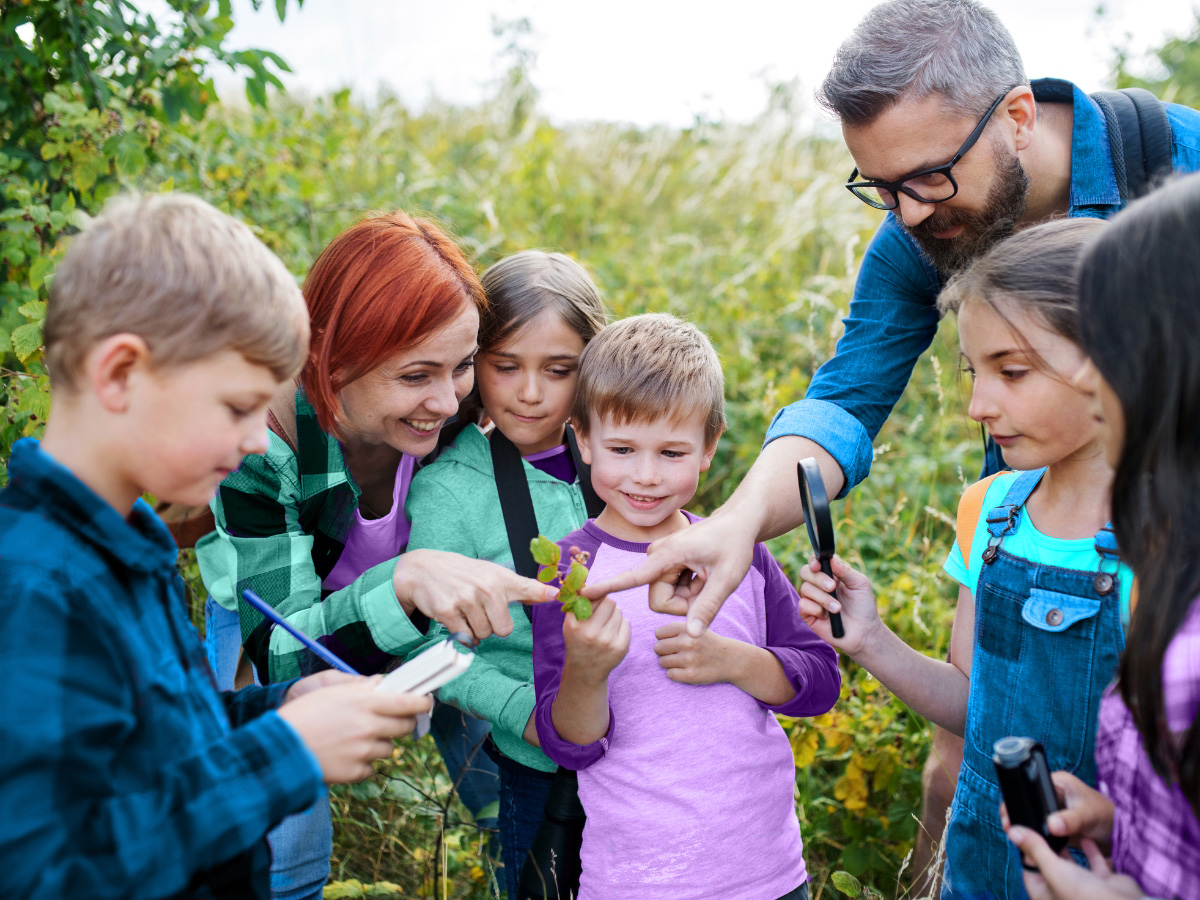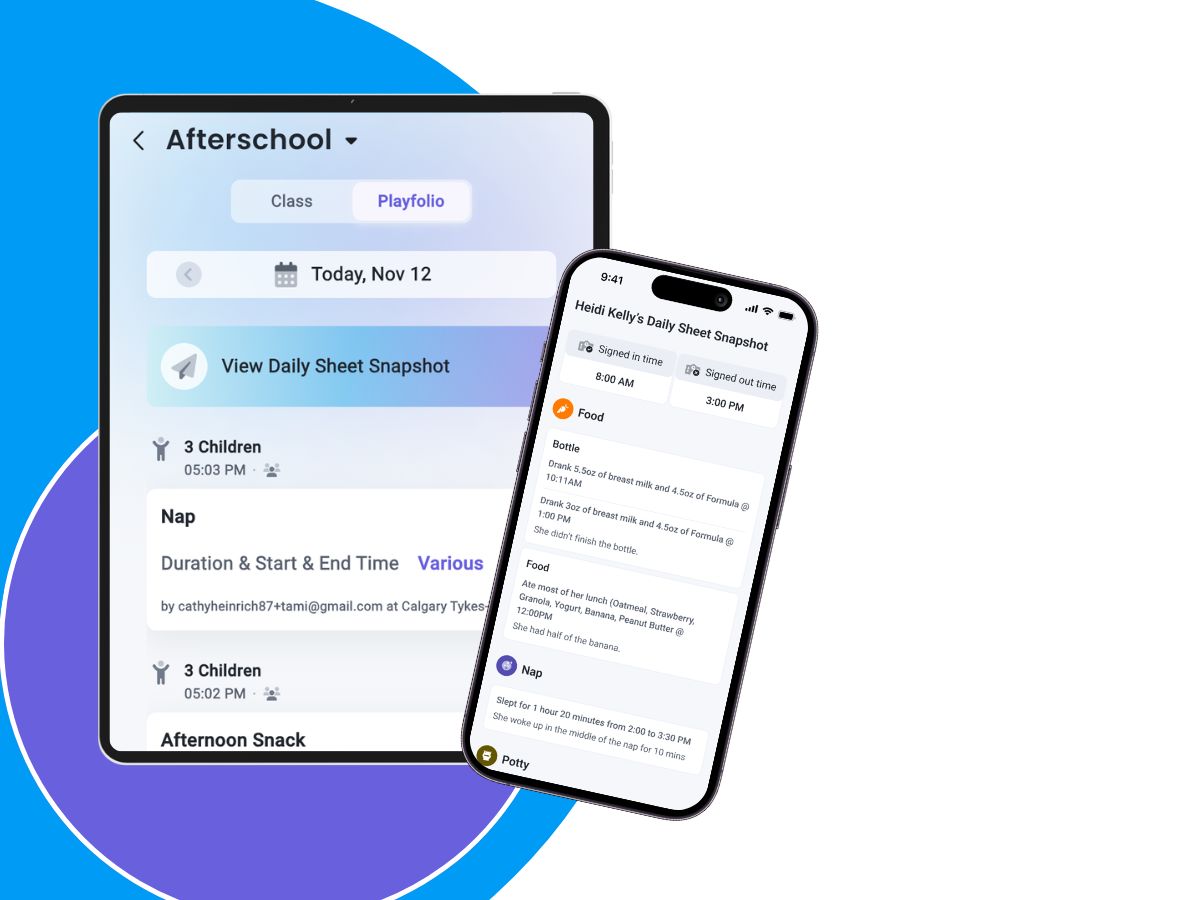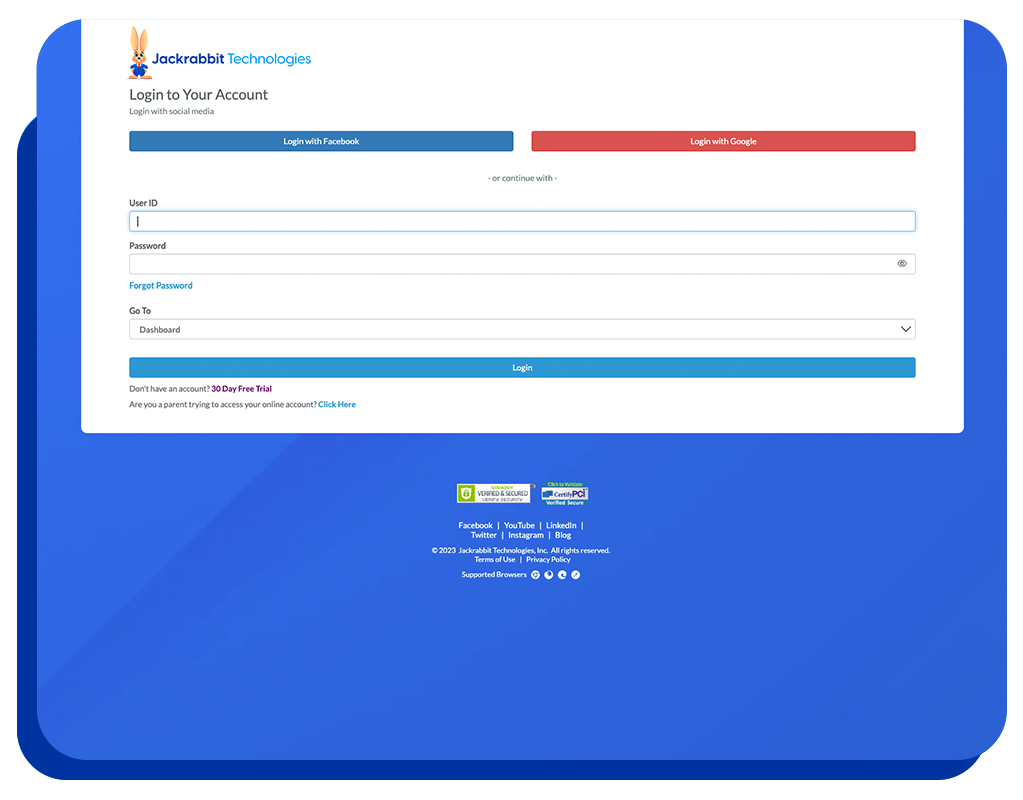Field trips offer a valuable learning experience for children, allowing them to explore, engage in fun activities and gain exposure to new experiences. The educational benefits of field trips are easy to see, but we can’t forget that children’s safety on these trips is priority number one. To help keep your next field trip as safe as possible, we’ve outlined some of the most common field trip accidents and injuries, and the top eight ways to ensure your little ones stay safe on their educational adventure!
Common Field Trip Accidents and Injuries
Slips and falls are likely the most common type of accident that can occur on a field trip. Children should always be supervised, especially when walking on uneven or slick surfaces such as wet grass or slippery steps. Keeping parents informed about the location and dress code for a field trip can help ensure that your kids are wearing appropriate shoes for wherever you’re headed. Send out a quick reminder to parents the day before via a parent engagement app or email to make sure that everyone comes prepared.
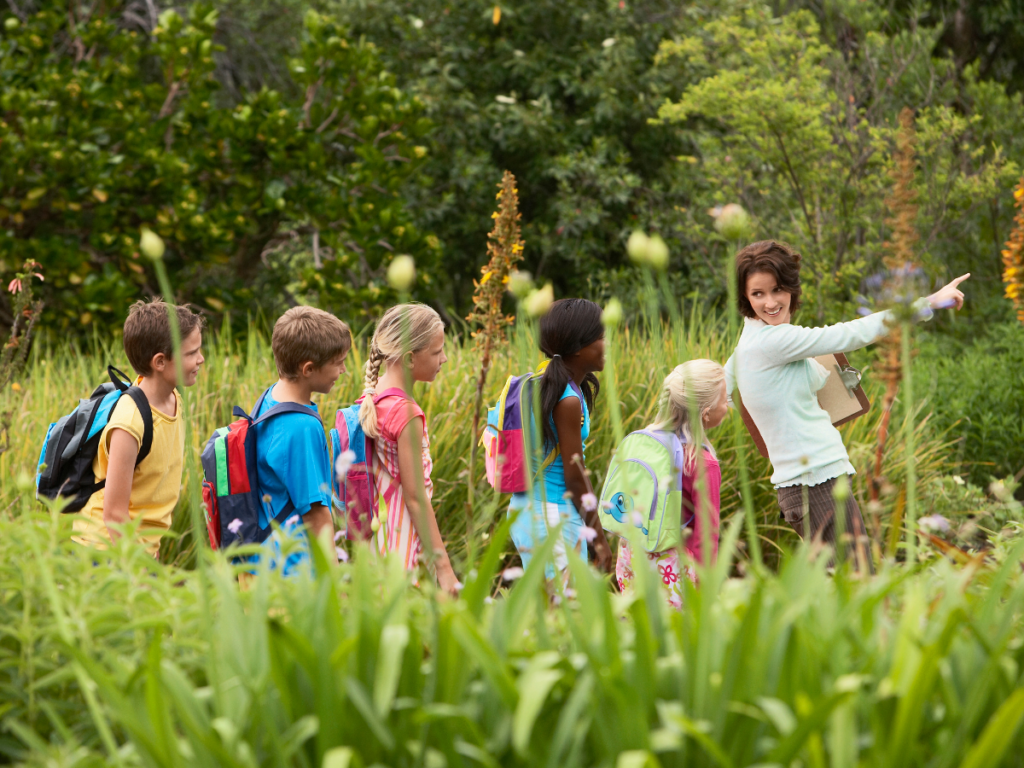
Sunburns are another common injury among children; make sure they wear sunscreen with at least SPF 15 and have them reapply it throughout the day if needed. Taking a few precautions to prevent simple, yet common field trip injuries like these only takes a few moments of work but will help ensure a safe trip for everyone involved!
Top 8 Ways to Ensure Safety on Field Trips
So you’ve got signed field trip permission slips in hand and you’re feeling ready to go, but if you want to make sure you’re truly prepared, check out these top eight ways to ensure safety on your field trip:
Make Sure You Have Signed Parental Consent
Parents should be informed of every stop, activity and detail that involves their child during a field trip. Having a signed document provides peace of mind for both you, as an organizer, and for parents who want to know that their children will be safe during an outing. A child’s attendance is ultimately their parent’s call. If they feel a certain location or activity isn’t safe for their child they may decide to pass on it.
Set Age Requirements
When planning a field trip, it’s important to consider the age appropriateness of the activity. Field trips can be an exciting way for students to learn outside of the classroom, but they should only participate in activities that are appropriate for their age group. Make sure to research any venues ahead of time and ensure all participants understand expectations before leaving. Additionally, it’s important to have adults present who can handle any issues that arise during the course of the field trip.
Fully Plan Out Transportation
It is imperative to have an organized plan for how students will get to and from the destination before embarking on a field trip. This could include arranging transportation such as buses or cars driven by trusted adults or making a backup plan in case a vehicle breaks down. By having a plan in place beforehand, you can help ensure that all of your students reach their destination safely and securely!
Keep Emergency Materials Near
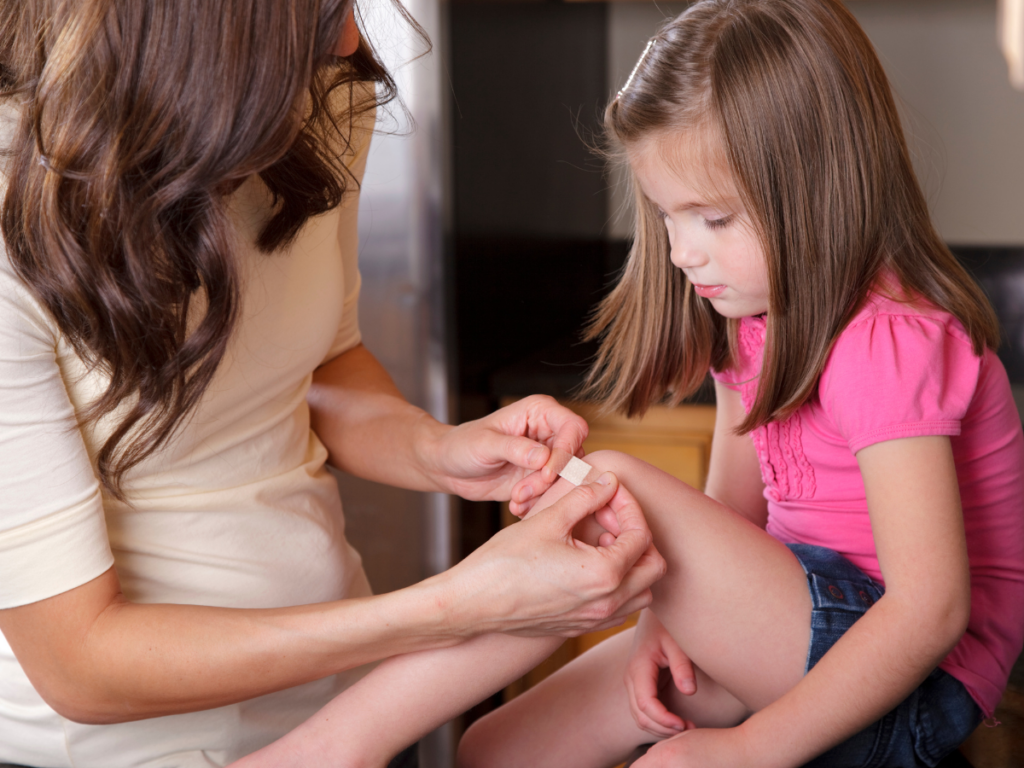
Sometimes, despite preparations, accidents do happen. It’s a good idea to carry a basic first aid kit with you. Depending on the needs of the children in your care, additional supplies may be necessary.
Make Sure Your Staff Is Trained
Providing training for staff members who are leading the field trip is another great way to ensure safety. Depending on the type of field trip and its location, there could be a number of potential safety risks that need to be addressed. Staff members should receive the appropriate training on how to identify hazards, develop plans and respond appropriately in an emergency situation. If your trip will have parent volunteers, ask that they get CPR and First Aid certified for added safety.
Be Aware of Your Surroundings
If you haven’t already, take the time to educate your students about stranger danger. Keeping an eye out for suspicious activity is essential to maintaining safety on field trips. Encourage students to be aware of their surroundings and any people or vehicles that appear to be out of place. Pay attention to body language and facial expressions, as these can indicate potential danger or concern from the children in your care.
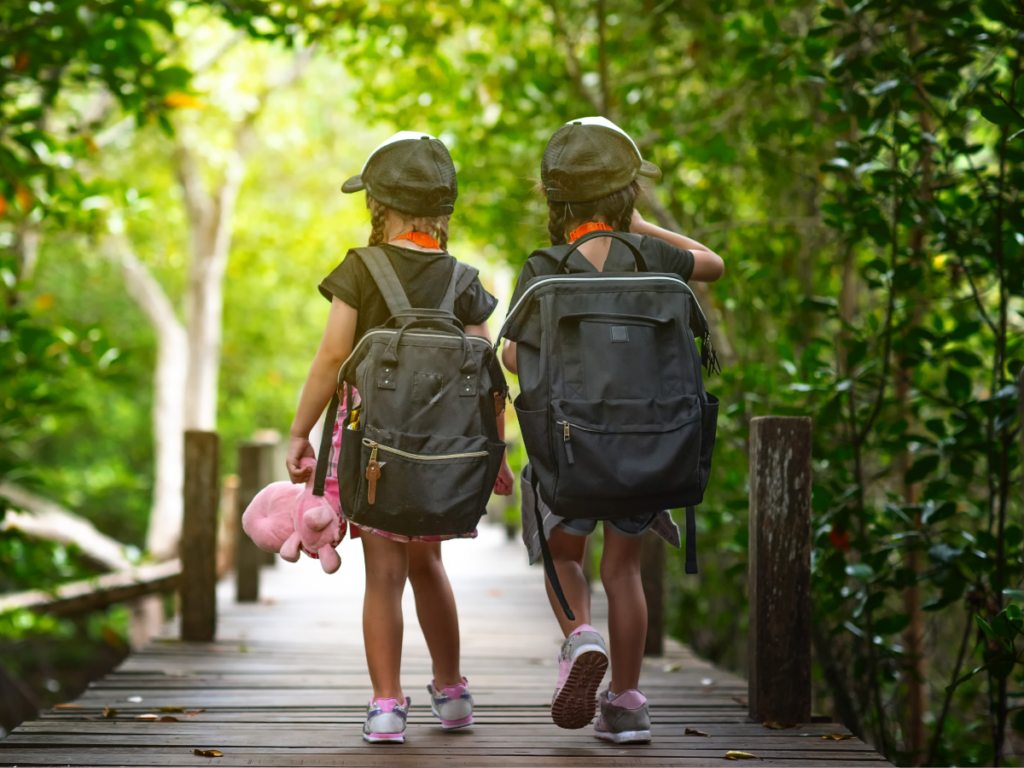
Teach your kids to use a buddy system or stay in groups to help them stay safe. Having a set meeting point if anyone gets lost during the field trip is another helpful way to make sure everyone gets home safely.
Be Aware of Allergies in Students
It is important to be aware of allergies that students may have when planning a field trip. Make sure to check with each student’s parents before the trip and ask if there are any specific allergies they need to know about. Some child care management software will track this information so you can easily reference it on the fly. It is also important that all teachers and staff members involved in the field trip are aware of these allergies so that they can quickly react if any of these allergens present themselves.
Stay Cool, Calm and Organized
Whether things are going to plan or an emergency happens, keeping a level head can be extremely beneficial. Try to remain calm during any difficult situations. This can help lower stress levels and allow you to think clearly about how to best respond or handle the situation. Staying organized helps reduce confusion in children and other adults, especially during an emergency.
When planning a field trip, it is important to take all necessary precautions to ensure the safety of everyone involved. Additionally, it is also important for everyone on the trip to be properly informed about safety guidelines and appropriate behavior while away from home. It can be a lot to prepare for but we know you can do it! By taking precautions, childcare centers and teachers can help reduce the risk of accidents on a field trip leading to great educational experiences and lasting memories for your students.
Want to streamline your next field trip? See how Jackrabbit Care can help you do it!

